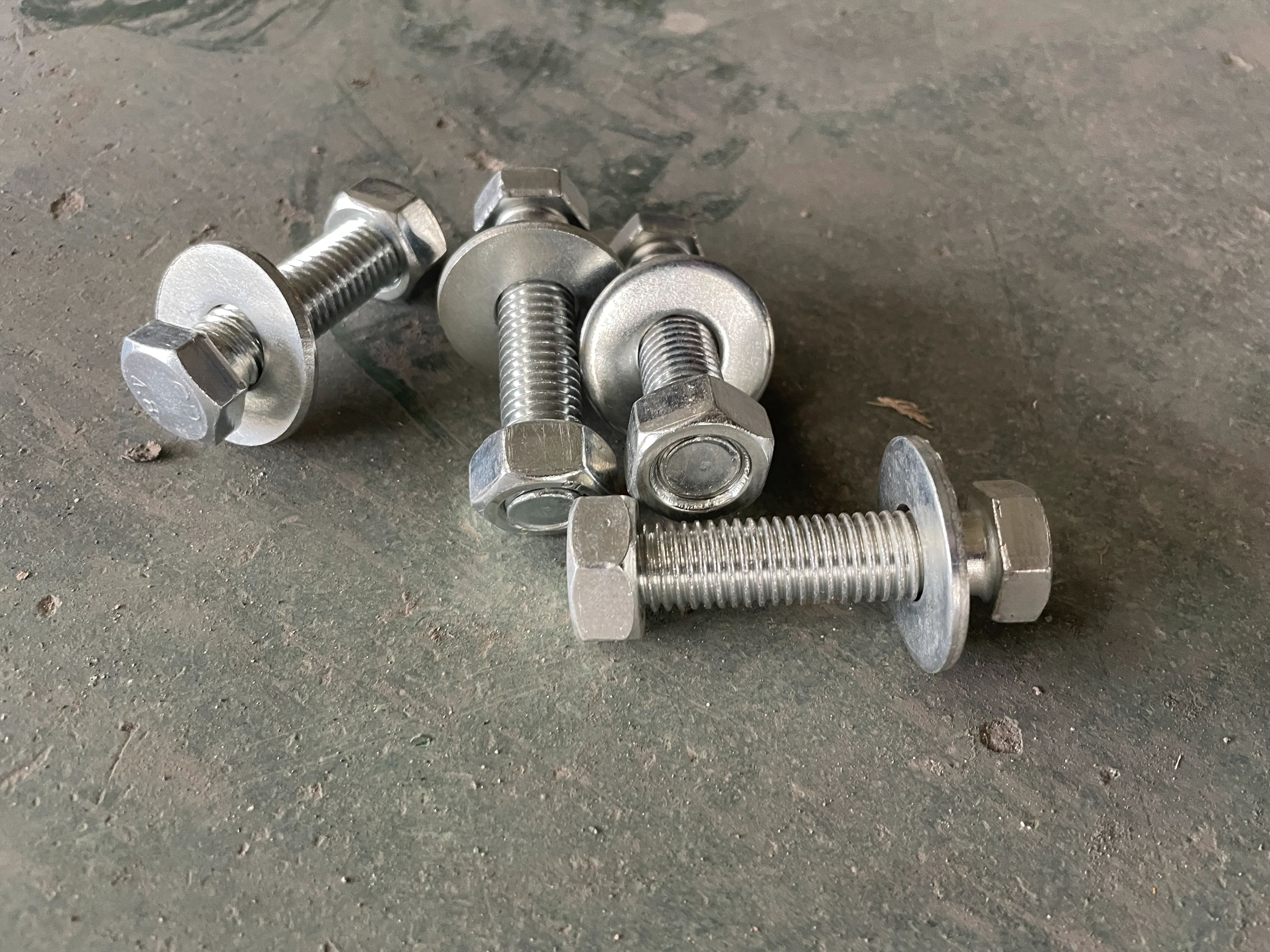loading...
- No. 9, Xingyuan South Street, Dongwaihuan Road, Zaoqiang County, Hengshui, Hebei, China
- admin@zjcomposites.com
- +86 15097380338
- Welcome to visit our website!
frp vessel for water treatment
FRP Vessels for Water Treatment A Revolutionary Solution
In the realm of water treatment, the demand for efficient, durable, and cost-effective solutions continues to grow. One innovative technology that has gained popularity is the use of Fiberglass Reinforced Plastic (FRP) vessels. These vessels are revolutionizing the way industries and municipalities approach water treatment, providing myriad benefits that enhance performance and sustainability.
Understanding FRP Vessels
FRP vessels are constructed from a composite material that consists of a polymer matrix reinforced with fiberglass. This unique combination yields a lightweight yet remarkably strong structure that can withstand high pressures and harsh environmental conditions. Unlike traditional materials such as steel or concrete, FRP is resistant to corrosion, making it an ideal choice for water treatment applications where chemical exposure and moisture are prevalent.
Advantages of FRP Vessels in Water Treatment
1. Corrosion Resistance One of the standout features of FRP vessels is their resistance to corrosive substances. In water treatment, various chemicals are used for processes such as disinfection, pH adjustment, and more. Traditional materials can deteriorate over time when exposed to such chemicals, leading to increased maintenance costs and reduced operational efficiency. FRP, on the other hand, maintains its integrity, ensuring a longer lifespan and lower total cost of ownership.
2. Lightweight and Easy to Install The lightweight nature of FRP vessels facilitates easier handling and transportation. Installation processes are streamlined, reducing labor costs and time. This is particularly beneficial in remote or challenging locations where heavy equipment may not be accessible.
3. Customization Options FRP vessels can be tailored to meet specific needs. They can be manufactured in various sizes, shapes, and configurations to accommodate different water treatment processes, from filtration and aeration to chemical dosing and pressure vessels. This level of customization ensures optimal performance and efficiency.
frp vessel for water treatment

4. Thermal Insulation Another advantage of FRP is its inherent thermal insulation properties. This aspect is vital in preventing temperature fluctuations within the vessel, which can affect the treatment process. Maintaining a consistent temperature is crucial for processes like biological filtration, where temperature swings can disrupt microbial activity.
5. Environmental Benefits As environmental concerns escalate worldwide, water treatment facilities are under pressure to adopt sustainable practices. FRP vessels contribute to this goal by being recyclable and requiring less energy for production compared to traditional materials. Additionally, their longevity reduces the frequency of replacements, leading to less waste and a lower carbon footprint.
Application in Various Water Treatment Processes
FRP vessels find applications in several water treatment processes, including, but not limited to
- Filtration Systems Used for sand, carbon, and multimedia filtration systems to remove impurities from water. - Chemical Storage Ideal for storing chemicals used in water treatment due to their chemical resistance. - Pressure Vessels Employed in reverse osmosis systems where high pressure is required to purify water.
Conclusion
As the importance of clean and safe water continues to rise, the demand for effective water treatment solutions is more urgent than ever. FRP vessels are at the forefront of this transformation, offering superior durability, customization options, and environmental benefits. Their ability to withstand harsh conditions while ensuring optimal performance makes them an invaluable asset in the water treatment industry. As more facilities adopt this innovative technology, FRP vessels will undoubtedly play a crucial role in shaping the future of water treatment, ensuring that we meet the growing demands for clean water in a sustainable manner.
-
The Rise of FRP Profiles: Strong, Lightweight, and Built to LastNewsJul.14,2025
-
SMC Panel Tanks: A Modern Water Storage Solution for All EnvironmentsNewsJul.14,2025
-
GRP Grating: A Modern Solution for Safe and Durable Access SystemsNewsJul.14,2025
-
Galvanized Steel Water Tanks: Durable, Reliable, and Ready for UseNewsJul.14,2025
-
FRP Mini Mesh Grating: The Safer, Smarter Flooring SolutionNewsJul.14,2025
-
Exploring FRP Vessels: Durable Solutions for Modern Fluid HandlingNewsJul.14,2025
-
GRP Structures: The Future of Lightweight, High-Performance EngineeringNewsJun.20,2025
